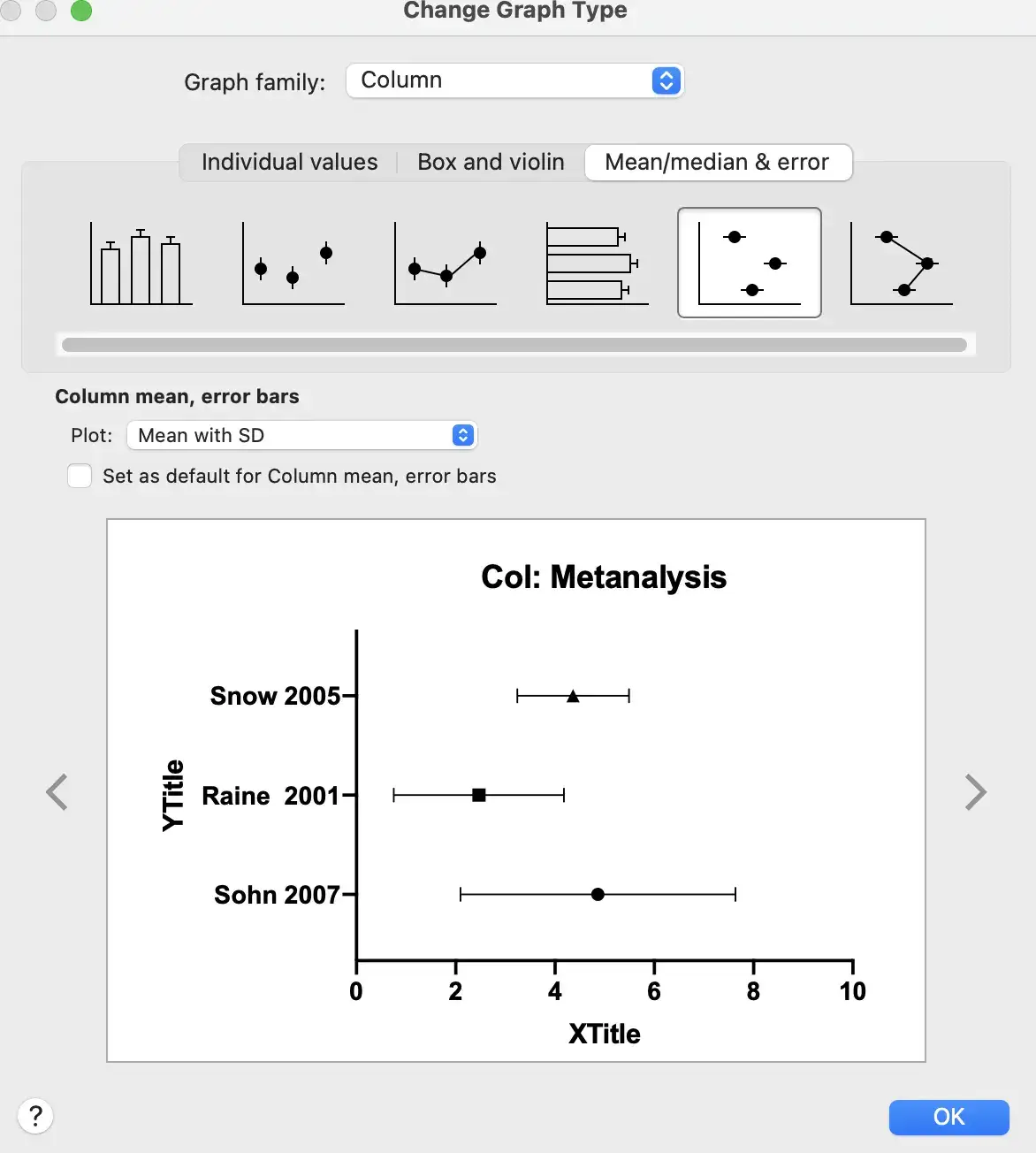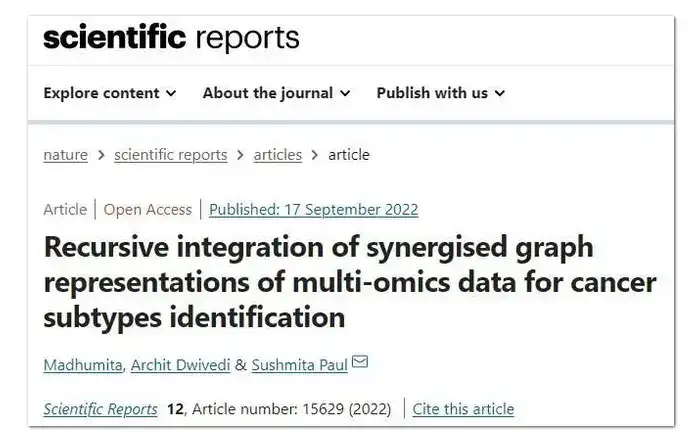Lithium-Ion Batteries: Unveiling the Power of AI in Scientific Authorship
2024-03-05 19:17:33
As the realm of artificial intelligence (AI) continues to expand, its impact on various industries becomes increasingly evident. The latest frontier to be conquered by AI is the world of scientific publishing, with the groundbreaking release of the first AI-authored book, titled "Lithium-Ion Batteries: A Comprehensive Guide."
This groundbreaking publication, published by Springer Nature, marks a significant milestone in the evolution of AI's capabilities. Through an in-depth analysis of over 53,000 research papers, AI has synthesized a comprehensive treatise on lithium-ion battery technology, providing invaluable insights and advancements for the scientific community.
Unraveling the Potential of AI in Scientific Authorship
The publication of this book by AI signifies a paradigm shift in the way scientific knowledge is disseminated. By leveraging advanced machine learning algorithms and natural language processing techniques, AI has demonstrated its ability to not only comprehend complex scientific concepts but also to organize and present them in a lucid and engaging manner.
The AI-powered analysis of vast amounts of research data has allowed for the identification of emerging trends, the extraction of key insights, and the generation of novel perspectives on lithium-ion battery technology. This comprehensive approach has resulted in a book that offers a comprehensive overview of the field, covering various aspects from fundamental principles to cutting-edge research advancements.
Embracing the Symbiosis of AI and Human Expertise
The emergence of AI as an author in the scientific realm does not signal the replacement of human writers. Rather, it represents a powerful collaboration that leverages the unique strengths of both AI and human intelligence. By combining the analytical capabilities of AI with the creative and critical thinking abilities of human researchers, we can unlock unprecedented possibilities for scientific discovery and innovation.
The AI-generated book on lithium-ion batteries is a testament to this symbiotic relationship. While AI was responsible for the data analysis, synthesis, and initial drafting, human experts played a crucial role in refining the content, ensuring its accuracy, and providing valuable context. This collaboration resulted in a well-rounded and authoritative publication that seamlessly integrates AI-generated insights with human expertise.
Exploring the Future of AI in Scientific Writing
As AI continues to evolve, its role in scientific writing is expected to grow even more significant. AI-powered tools can assist researchers with tasks such as literature review, data analysis, and manuscript preparation, freeing up valuable time for creative thinking and groundbreaking discoveries.
Moreover, AI can help identify research gaps, suggest new research directions, and even generate novel hypotheses. By harnessing the power of AI, scientists can push the boundaries of human knowledge and accelerate the pace of scientific progress.
Conclusion
The publication of "Lithium-Ion Batteries: A Comprehensive Guide" marks a watershed moment in the intersection of AI and scientific authorship. This groundbreaking work showcases the immense potential of AI in revolutionizing the way scientific knowledge is created, disseminated, and consumed. As AI continues to evolve, we can anticipate even more transformative advancements in the world of scientific publishing, leading to a future where AI and human researchers collaborate seamlessly to unlock the full potential of human knowledge.


